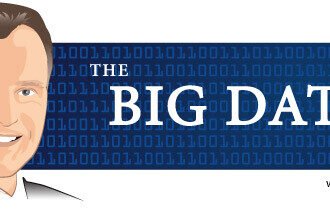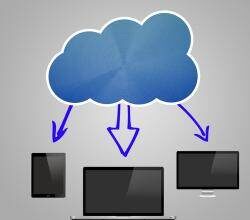Two posts that I read recently raise the question of whether the information economy has become too efficient.
In “The Implications of the Information Economy” (via Oscar Berg), Rachel Happe argues:
The information economy has created a better informed but often impulsive consumer and it has created a networked information effect that ripples quickly through society allowing small pieces of information to set off a disproportionately large reactio…
Two posts that I read recently raise the question of whether the information economy has become too efficient.
In “The Implications of the Information Economy” (via Oscar Berg), Rachel Happe argues:
The information economy has created a better informed but often impulsive consumer and it has created a networked information effect that ripples quickly through society allowing small pieces of information to set off a disproportionately large reaction – some positive and some negative. Like never before we can also act on information immediately creating economic whiplash.
In “Are We Losing the Narrative Self?“, Michael Goldhaber discusses how we are losing the concept of defining ourselves through our histories in favor of a more reductionist approach where:
You are your current set of interests, contacts, Twitter postings, Facebook postings, blog postings, listserv controversies, your latest images, and YouTube videos — trapped in an eternal but changing present that gives no sense of birth or death or growing up, or even growing at all.
I’m hardly a Luddite, but I sympathize with both arguments. I applaud the technical advances that have made information flow so efficient, but I also recognize that our cultural evolution has lagged this technological progress.
We’re in similar situations with regard to trust, privacy and connectedness. Our ability to transmit data has far outstripped out ability to comprehend information, and our initial reflexes tend to promote the superficial.
Historically, technical advances that improve the flow of information have done far more good than harm. Just consider the evolution from scribes to the printing press to digital libraries as an example. Yes, we also ended up with reality TV shows and Perez Hilton, but overall we’ve made progress.
Perhaps technical advances will help us overcome the same superficiality they have promoted. If not, it will be up to our own cultural evolution to catch up.







